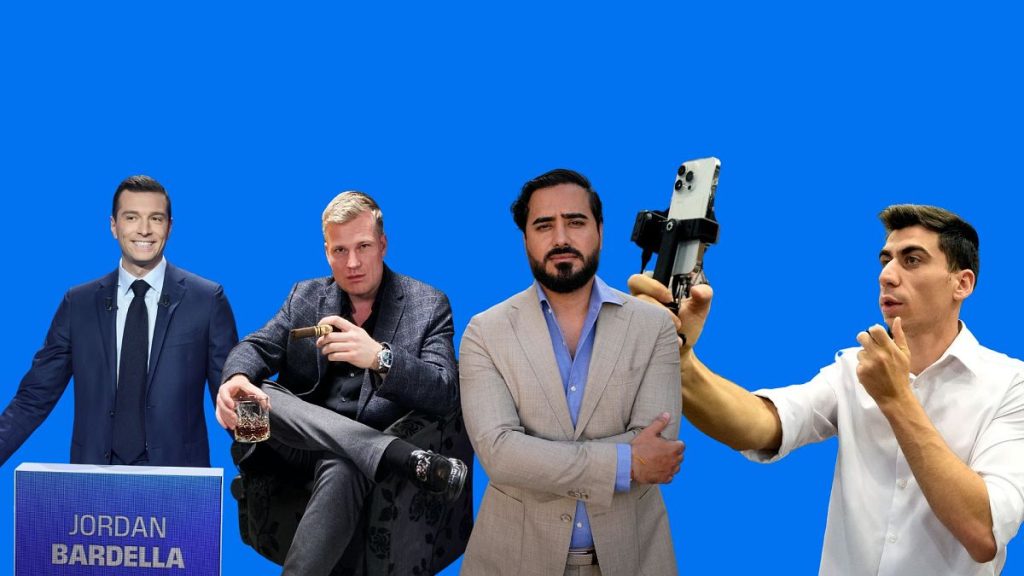The European Parliament may soon see a new wave of members who made their mark as social media influencers before entering politics. Among them are Fidias Panayiotou, a 24-year-old Cypriot who gained popularity on YouTube with his unconventional videos. Despite knowing little about politics, he was elected as an independent in Cyprus and aims to inspire youth involvement in politics. Filip Turek, a Czech national MEP, is a former racing driver with libertarian views and a controversial past linked to neo-Nazi affiliations. His party secured seats in the European Parliament, and he is considering joining the European Conservatives and Reformists group.
Alvise Pérez, a 34-year-old Spaniard popular among conspiracy theorists, has faced backlash for his anti-vaccine and anti-lockdown views. Starting as a political influencer after studying Political Science and working in politics, he founded a right-wing group and was elected to the European Parliament. Jordan Bardella, from the National Rally party in France, was revealed to have been a YouTuber before entering politics. His social media presence helped him gain a following and rank as the most popular among French youth in the European elections.
Social media influencers turned politicians are challenging traditional parties and engaging younger audiences through various platforms. They have been successful in mobilizing public anger and political grievances into appealing messages that resonate with internet users critical of the establishment. Social media platforms play a crucial role in reaching different demographics, with influencers skillfully utilizing platforms like Facebook, Instagram, Twitter, TikTok, WhatsApp, and Telegram to connect with audiences. These influencers are reshaping the political landscape by appealing to a younger generation and influencing public opinion.
Despite controversies and unconventional paths to politics, these social media stars turned MEPs are making their mark in the European Parliament. With diverse backgrounds, ideologies, and motivations, they are set to bring new perspectives and approaches to traditional politics. As social media continues to play a significant role in political engagement, the influence of these political influencers is likely to grow. Their ability to connect with audiences on a personal level and convey compelling messages through familiar social media language sets them apart from traditional politicians and reinforces the importance of modernizing political communication strategies.


